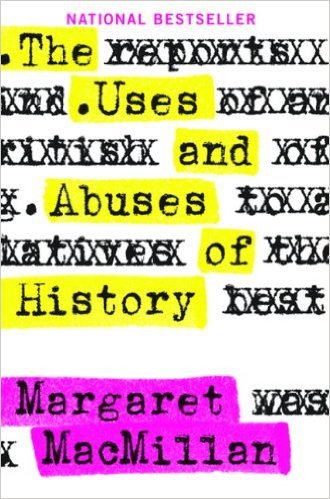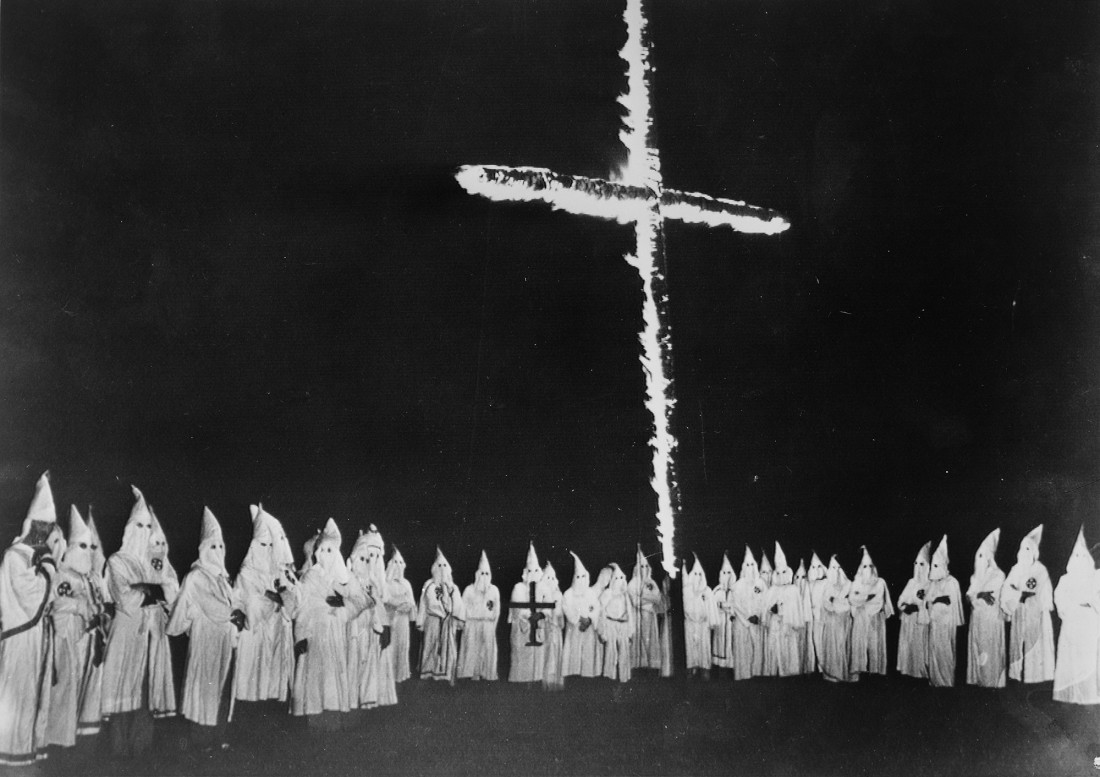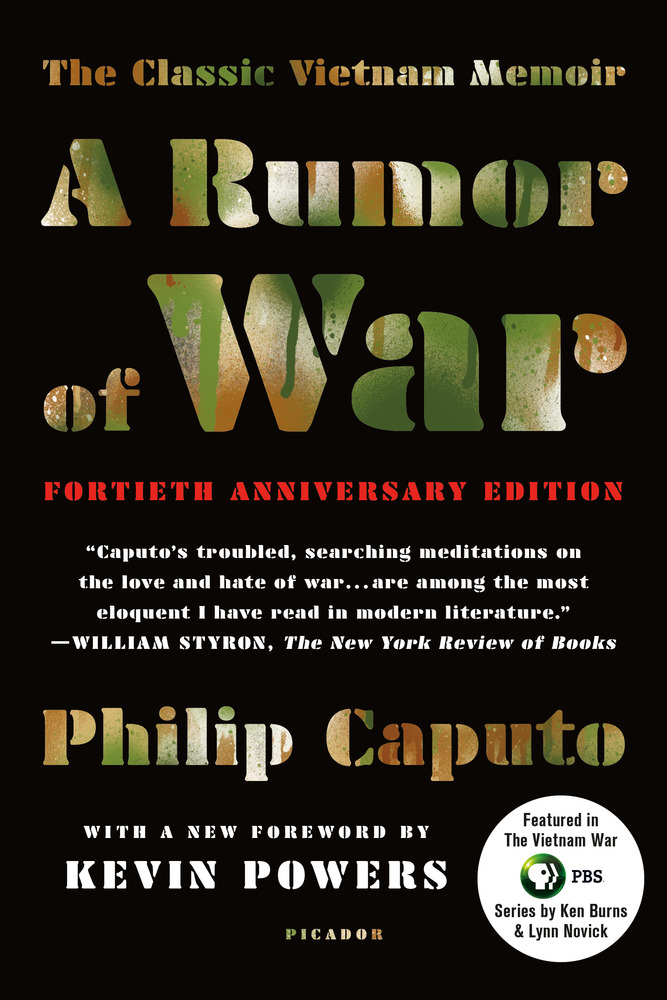It’s January. People are looking at gym leaflets, trying again to stick to the resolutions they made in vain last year. Trying as best possible to hide from last year’s events, (whether it was political, or that Dinner Party at Fred’s which no one dares mention,) using the new shiny ‘2017’ as a shield. It is at this time of year that most people try and avoid history, in whatever form. However, we shouldn’t shun history. It should not be cast aside. Instead, it should be utilised, and used to our advantage. (So, note to self, never attempt to serve Baked Alaska near the Victorian curtains again.) The Uses and Abuses of History illustrates people who have done exactly that (no, not served Baked Alaska and then set the house on fire,) but have used history to their advantage. Although there may be situations you will never find yourself in, there are many examples that can be related to, and the book will start to answer the common question: What can you even do with history?

The Uses and Abuses of History is a thorough review of the way history has been manipulated and used as a tool in order to achieve certain goals. It shows us what the consequences are when history is taken into the wrong hands, and how this can in turn affect us in the present. To tell the truth, there wasn’t exactly a balance of uses and abuses of history, as Macmillian mainly looked at the more negative side to the way the past has been used, but it was nevertheless an interesting collection of essays.
For a non-fiction essay based book, it is surprisingly readable and full of interesting and understandable examples, which makes this book stand out from the hundreds of others similar in theme, crammed with illegible text and unfathomable references. A great example from the book was the Communist Chinese’s’ use of history; they tried to eradicate every single piece evidence of a time before communism in the country, including priceless artefacts, and rewrite the past to be used for their own means. Many people brought up in the Chinese education system have never once questioned their textbooks, the history of their country that had been fabricated from someone’s mind in an office. The words from their teachers that settled like dust in their minds after a long day at school were, and still are, taken as complete truth. The Uses and Abuses of History teaches you that rewriting the past to suit your own means is easier than you think, and more common in our lives than you’d expect, whether in terms of a politician vying to elevate their popularity, or a simple blunder made by an uninformed amateur historian.

Not exactly a fast-paced action novel, nor one bursting with intricate characters (although the public figures referred to here are illustrious,) but if you’re willing to read a book about history, then this may as well be this one. After all, what is the point in history?
Have you read this book- what did you think of it? What’s your favourite historical novel? How close to the truth do you think historical novels should be? Comment your thoughts below!
Advertisements Share this:- More





